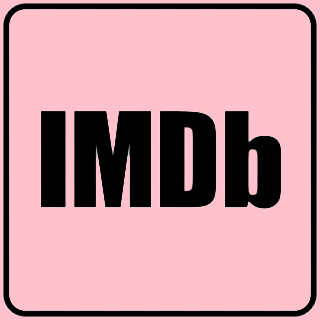Talking Tonto:
Addressing the Negative Stereotype
Spoilers Ahead!
I will start by saying, Madison in “The Lone Ranger” has been a long time coming. The whole reason behind “Madison on the Air” is to point out the negative stereotypes that were commonplace in the era of the Golden Age of Radio. I have always approached it from a place of naïveté. That’s just how it was back then. We can use these shows as a window into the past, a way to see how far we’ve come, and how much further we need to go when addressing marginalized groups. This truly was an era when white men ruled Hollywood and the lack of representation, from today’s retrospection, is glaring. I do feel that “Tonto” is the most obvious stereotypical character of the era. I think mainly because the legacy of the “Lone Ranger” has carried on. So from Year One I grappled with how to put the spotlight on Tonto in a meaningful, engaging, thoughtful and, yes, funny way. It took me until Year Three to finally do it.
George Trendle, the creator of “The Lone Ranger”, also created “The Green Hornet” and “The Challenge of the Yukon.” Looking at all three, you see he was big on a stoic, larger-than-life white male hero who was aided by a subservient POC who spoke broken English, and was wholeheartedly dedicated to the hero. Okay, well, in “Yukon” his sidekick was a dog. Which… eh… is kinda how Trendle treated his other sidekicks. Loyal like dogs who did as their “masters” commanded. Yikes. I can’t go back in time to know the thinking behind Trendle’s choices. My personal takeaway is that by Trendle making the POC good guys, he was supporting these communities. From a place of ignorance, absolutely. Should he get a medal for his efforts? No. But this was the 1930s, nearly 100 years ago. And the movement towards representation of POC in Hollywood had to start somewhere.
So what about Tonto? His broken English, grunting and subservient role ushered in a nearly 50 year legacy of how Native Americans were portrayed in Hollywood westerns. And that’s where Madison starts. Only seeing that legacy and wanted to stop it. Cut it off at the roots. What I hope we’re able to convey throughout the episode is a number of points to really think about.
-
Firstly, who are we, in modern day, to sit in judgement of a world that we were not a part of? It’s easy to focus on click-bait broad headlines of Tonto, but if you’ve never listened to the show, and are merely quick to criticize it, how can you learn from it?
-
Which leads to the second point. In our episode, Madison, bringing her modern-day perspective, makes Tonto think about his relationship with the Lone Ranger. In our story, Tonto tests him, questions him. And each time the Lone Ranger listens and supports Tonto. This is our addition, but if you are in any way familiar with the franchise, in any of its forms, you can see the Lone Ranger is as dedicated to Tonto as Tonto is to him. This is a story of male friendship.
-
Lastly, when Madison tries to focus on the broken English way Tonto speaks, we turn the tables on modern views. Why does he have to speak perfect English? Is what he says unclear? Are people who speak English as a second language, but don’t do it perfectly, ignorant? It’s a moment of accepting others for who they are. Of realizing The Lone Ranger and Tonto are the coming together of two very different backgrounds who never focus on their differences, but work together for the greater good.





